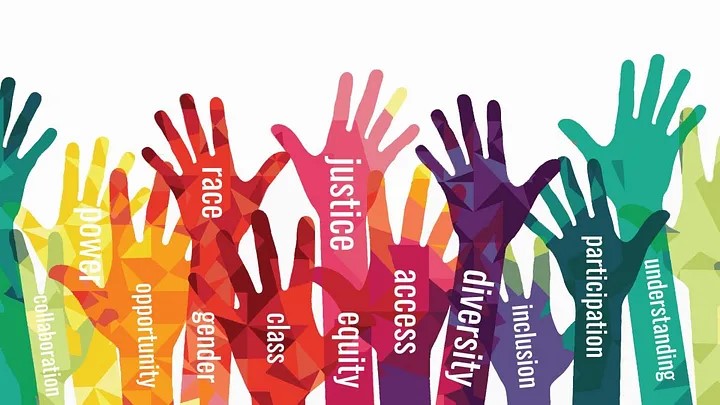Highlight 36/2023 – ILO’s Global Coalition for Social Justice: a new governance initiative that can bring policy coherence to the social justice debate
Maria Fernanda Forero Ramirez, 1 December 2023

On November 1st, the members of the Governing Body of the International Labor Organization (ILO) endorsed Director General Gilbert Houngbo’s proposal to establish a Global Coalition for Social Justice. This initiative seeks to build a platform that brings together governments, employers and workers associations, UN agencies, international financial institutions (IFIs), regional development banks, academic institutions, and NGOs, to generate increased political commitments and investments that translate into concrete actions towards advancing social justice.
As reflected in Mr. Houngbo’s statement delivered to the World Bank/International Monetary Fund Spring Meetings in April, and in his first report to the International Labour Conference in June, social justice makes societies and economies function more cohesively and productively by reducing poverty and hunger, inequalities, and social tensions, and it should be the cornerstone of the renewed multilateralism that is required to overcome current challenges. Now that his proposal has been endorsed by the ILO tripartite constituents, partnerships with relevant international organizations will start to materialize in the coming months.
The initial thematic domains that will frame the work of the Coalition and the interaction with participating partners include realizing labour rights as human rights, addressing inequalities, discrimination, and exclusion, ensuring human dignity, meeting basic needs and living standards, expanding access to productive and freely chosen employment, and strengthening just transitions, to name just a few.
Within this scope, there are many opportunities for the Coalition to act. For instance, issues related to global supply chains are addressed differently from an international trade perspective than from a labour rights’ perspective. The ILO and the WTO could engage in improved cooperation through the Coalition. This can apply to other areas, such as promoting fair trade initiatives. IFIs and development banks could be drawn to collaborate in fiscal support for critical social spending in developing countries, or in initiatives related to international lending in the context of a just transition.
From a governance perspective, the Coalition could certainly be a catalyst for accelerating actions in policy areas where the realization of the ILO’s mandate requires greater solidarity and coordination with other partners. It has the potential to promote policy coherence at the local, regional, and global levels, by enhancing multilateral coordination. It can put the spotlight on the social dimensions of sustainable development, which are sometimes overlooked. And this can, in turn, help accelerate the achievement of the SDGs.
However, in a multilateral system that is overloaded with multistakeholder initiatives, it will be key to avoid duplicate efforts. In the last year alone, several processes of a related nature have been launched, such as the Bridgetown Initiative or the New Global Financing Pact, which also aim at addressing the repercussions of current economic, climate, energy, and health crises. Although more focused on the finance aspect, these initiatives are likely to share priorities with the Coalition. For it to succeed, the ILO must identify the synergies with other cooperation frameworks, harness existing partnerships, and leverage its own expertise to position social justice at the heart of the multilateral debate.
Maria Fernanda Forero Ramirez, Highlight 36/2023 – ILO’s Global Coalition for Social Justice: a new governance initiative that can bring policy coherence to the social justice debate, 1 December 2023, available at www.meig.ch
The views expressed in the MEIG Highlights are personal to the authors and neither reflect the positions of the MEIG Programme nor those of the University of Geneva.
